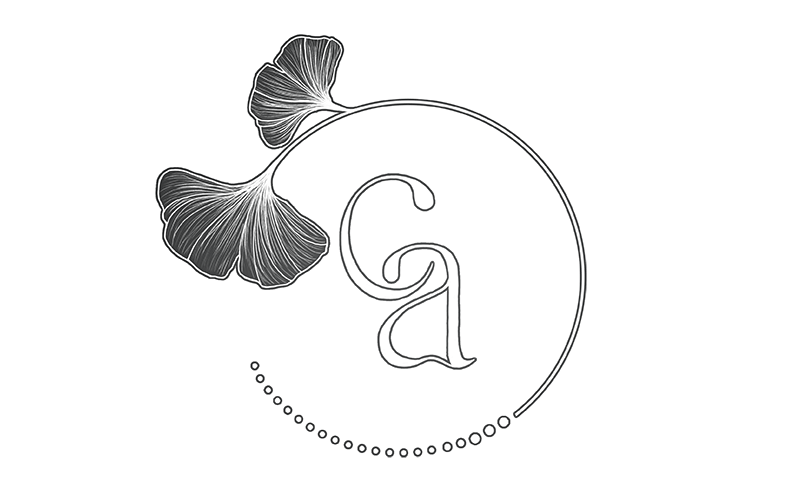Burnout is a state of physical and emotional exhaustion. It can occur when you experience long-term stress in your job, or when you have worked in a physically or emotionally draining role for a long time.
Burnout is not something that goes away like a cold. There is no magic pill either. It is a medical recognized condition, which needs to be addressed with gentle care and compassion.
And when I say compassion, I refer also to the self-compassion, which means kindness and acceptance to oneself.
The World Health Organization (WHO) recognized in 2019 that burnout is an ‘’occupational phenomenon’’
Common signs of burnout:
- Feeling tired or drained most of the time
- Feeling helpless, trapped and/or defeated
- Feeling detached/alone in the world
- Having a cynical/negative outlook
- Self-doubt
- Procrastinating and taking longer to get things done
- Feeling overwhelmed
What contributes to burnout:
- Dysfunctional work environment
- Extremes of activity
- Inability to recover after intensive periods
- Work-life imbalance
- Lack of resources and support
- Lack of social interaction and isolation
Take action against burnout
Here’s what you can do:
- Reach out for support: seek support in your colleagues, friends or loved ones. Support and collaboration might help you overcome obstacles
- Discuss with your manager: address your concerns to your company. Find solutions for a change in expectations, priorities, scope of work, deliverables, time pressure and deadlines
- Relax. Find activities which can induce a deep state of relaxation such as yoga, meditation, massage
- Exercise regularly. Exercise releases chemicals like endorphins and serotonin that improve your sense of wellbeing. It can also get you out in the world, help to reduce feelings of loneliness and isolation, and put you in touch with other people.
- Sleep. It helps build mental and emotional resilience. Sleep supports numerous aspects of thinking including memory, problem-solving, creativity, emotional processing, and judgment.
- Mindfulness. Mindfulness is the act of focusing on your breath flow and being intensely aware of what you’re sensing and feeling at every moment, without interpretation or judgment. In a job setting, this practice involves facing situations with openness and patience, and without judgment.
